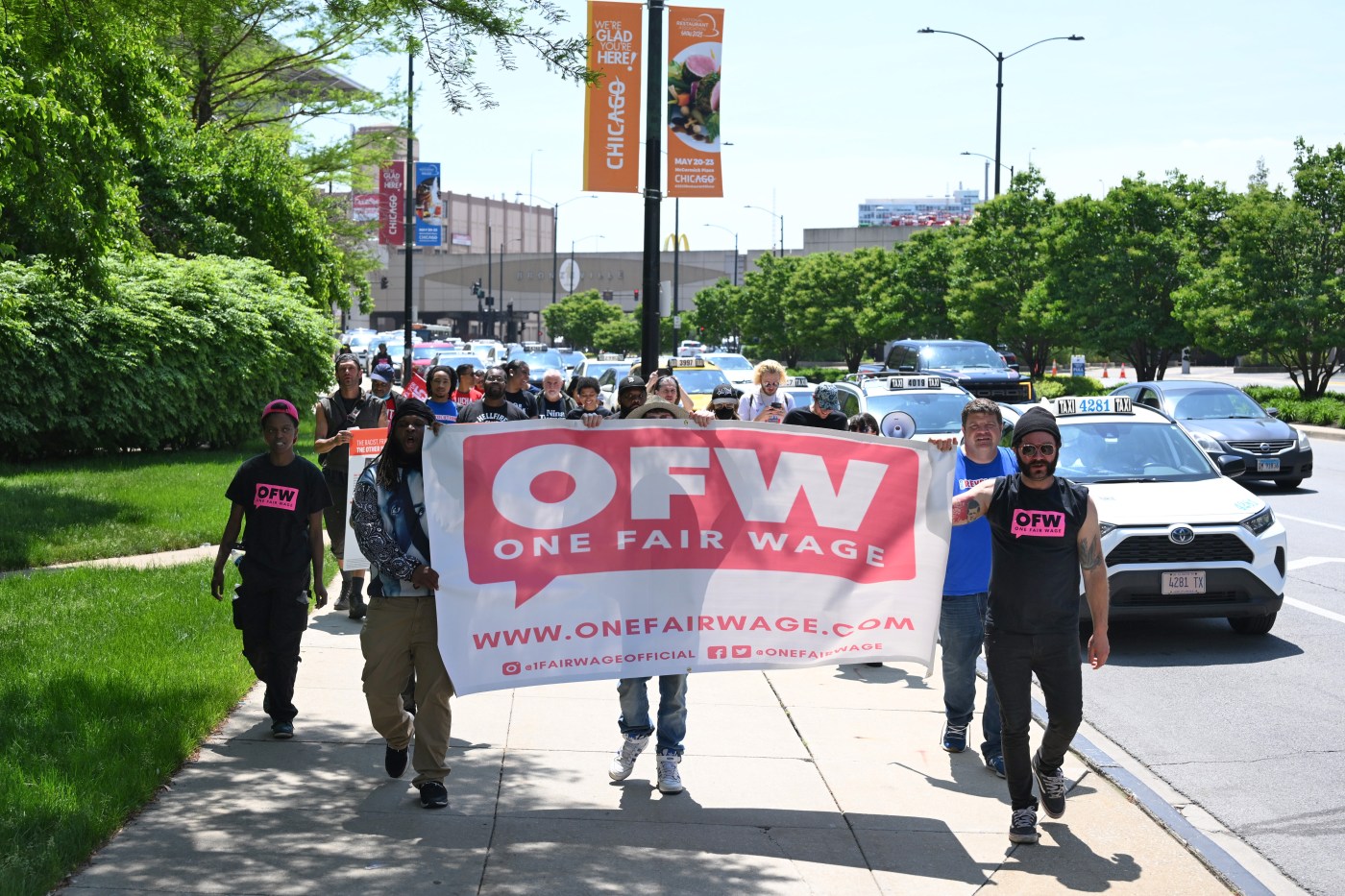
Schomburg: Massachusetts tipped worker calls for wage increase
By voting yes on Question 5 in this November’s election, Massachusetts can bring fair wages for thousands of bartenders, servers, and other tipped workers across the state. Currently, nearly 250,000 workers in our state do not receive a full minimum wage. Restaurant workers like me make only $6.75 an hour, relying solely on what we receive in tips to make up the difference. Seven states as well as major cities like Chicago and Washington, D.C., have ended this outdated and unfair practice that has kept too many workers — particularly women and people of color — trapped in a cycle of victimization and poverty. Massachusetts must vote to join them and adopt One Fair Wage.
I worked as a server and bartender in Boston and Cambridge for over ten years and intimately understand the hardships of the subminimum wage system. Relying on customers to pay restaurant worker wages is precarious. During my years behind the bar, it was rare that my actual paycheck was anything more than $0. My hourly wage of $6.75 was often entirely consumed by taxes, leaving me completely dependent on tips for all of my income. Whether or not I could pay my bills each month would depend on factors largely out of my control: the weather, local foot traffic, our menu offerings, or even the NFL schedule. There were slow nights when, after taking an expensive ride service home early in the morning hours when the T wasn’t running, it was basically costing me to go to work. That financial stress was mentally and physically draining.
Restaurant worker pay should be determined by how hard someone works, not if a customer is in a generous mood or if there aren’t enough customers on a rainy day. Even worse, research shows that when restaurant workers have to rely on tips not as an extra bonus but the bulk of their wages, that environment is rife for sexual harassment and discrimination. Personally, I cannot even begin to count the number of times I have either witnessed or experienced harassment firsthand.
And let’s not forget that this broken system was broken worse by the pandemic — when many restaurant workers were laid off and denied unemployment because their subminimum wages were too low to qualify. Thankfully, many restaurant owners in our state have raised wages since then — realizing better wages are not only fair but the best way to attract and retain talent. It’s important we support these great employers by leveling the playing field, ending the subminimum wage industry-wide.
As a Regional Organizer with the organization One Fair Wage, I have met too many other tipped workers across our state who face the same challenges I did in the industry — unpredictable income, harassment, and exploitation. But the good news is that, in states with One Fair Wage, the restaurant industry is healthier, worker pay is better, and rates of harassment and poverty among workers are lower. On Nov. 5, our state has the opportunity to vote for a fair and just solution for all restaurant workers and our state. By voting yes on Question 5, we can ensure every restaurant worker in Massachusetts is paid a full, fair minimum wage with tips on top — making our state’s economy and restaurant industry better for all.
Red Schomburg is a former bartender and a regional organizer with One Fair Wage.
Saru Jayaraman, President of One Fair Wage, right, speaks out with others on the State House steps last November. (Matt Stone/Boston Herald)

